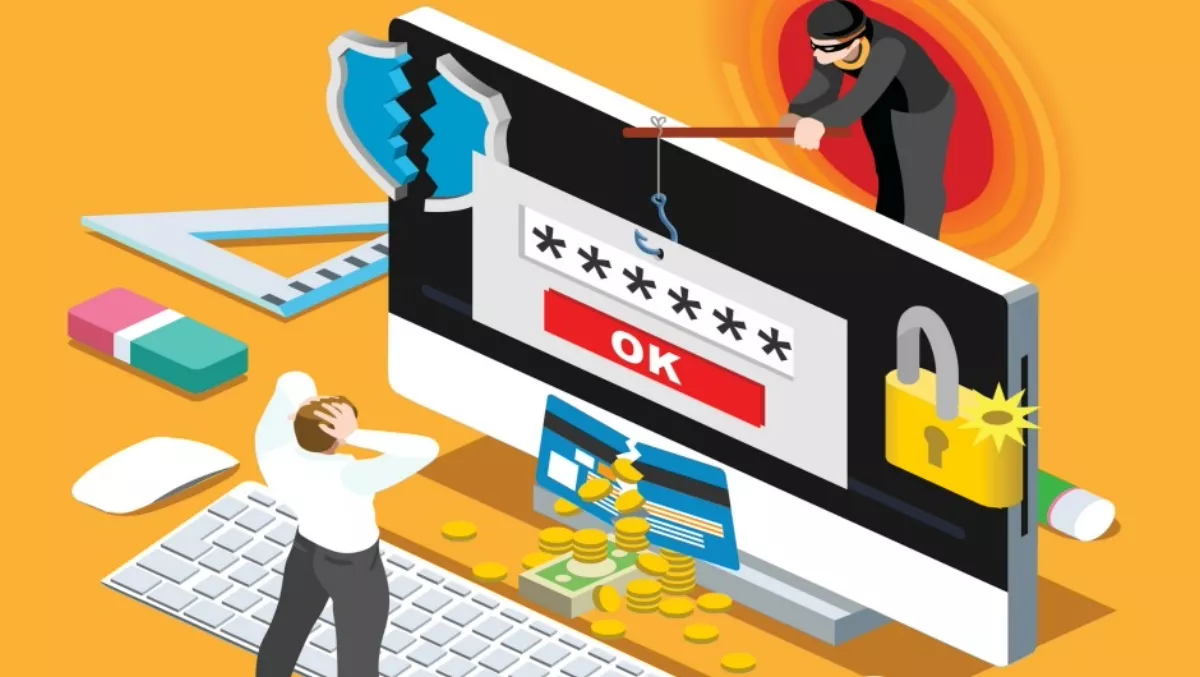
Email phishing scam targeting UK students a ‘timely warning’
UK watchdog Action Fraud has released details of an email phishing scam that has come to light over the last two weeks.
According to the company, cybercriminals have timed the fraudulent email campaign in the lead up to the new academic year and claims that Student Loans Company accounts have been suspended due to incomplete student information.
To 'rectify' this issue, it then urges recipients to update their details using a web link which then leads to a fake website with the aim of harvesting personal details.
"This phishing email displays a number of tell-tale signs of a scam including spelling and grammar errors," says Andy Fyfe, detective chief inspector of the City of London Police.
"As the new university year begins, we are urging people to be especially cautious of emails that request personal details. Always contact your bank if you believe you have fallen victim to a scam.
If you're starting a new uni term, beware of this email claiming to be from @SLCComms. It's not them, it's a scam!https://t.co/OiXdG9XjBB
— Action Fraud (@actionfrauduk) September 5, 2017
Thus far the scam is believed to target both new and current university students, however, there have been cases where individuals that have never applied for student finance have received the email.
Director of Fraud and Risk Intelligence for EMEA at RSA Security, Tim Ayling says this is a timely and much needed warning from Action Fraud, as with the current awareness it's no wonder that cybercriminals have turned these attacks into an annual tradition.
"Phishing is no academic issue, it is big business for criminal gangs and students are a prime target for scams such as this," says Ayling.
"Young and old alike, the British public needs to have greater awareness of spoofing attacks and take better care to protect themselves online. Much of this comes down to basic security hygiene.
Ayling has some simple tips to protect recipients from phishing scams.
"Our advice would be: first and foremost, avoid clicking on links to websites from emails and any unknown sources. If in any doubt, search for the website using an engine – particularly in cases like this where the email would've come from a random email alias, with a generic introduction that suggests it was sent to others," says Ayling.
"Secondly, the devil is in the detail. Always be sure to check the URL of a site that you are visiting to make sure that it is correct – often spoofed sites have typos in their address that will give clues that it is not official. Lastly, check the address bar to ensure you are visiting a secure site and there are no warnings.

